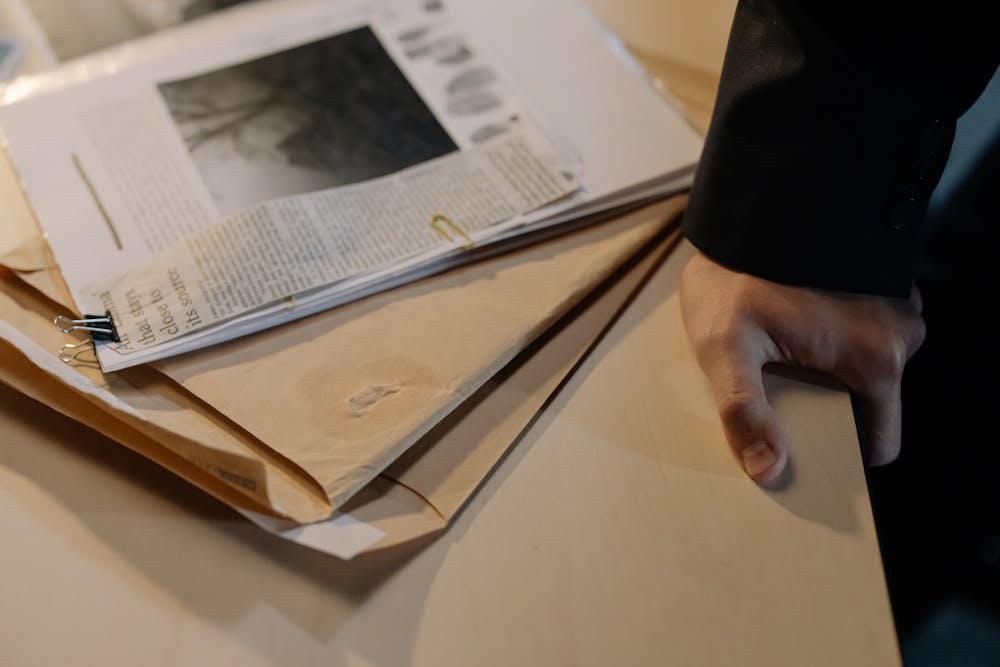How Long Do I Have to File a Wrongful Death Claim in Ohio?

Losing a loved one is devastating, especially when their death results from someone else’s negligence or wrongful act. As you grapple with grief and loss, you may also face unexpected financial burdens and emotional challenges. In Ohio, the law provides a way for families to seek compensation through wrongful death claims.
But there’s a limited window of time to take legal action. Let’s break down the timeline for filing a wrongful death claim in Ohio and why acting promptly is essential.
The Standard Timeline: Two Years from the Date of Death
In Ohio, the general rule is straightforward: you have two years from the date of your loved one’s death to file a wrongful death claim. This time limit, known as the statute of limitations, is set by Ohio Revised Code Section 2125.02(D)(1).
Why two years? The law aims to balance two important factors:
- Giving grieving families enough time to consider their legal options
- Ensuring that evidence remains fresh and witnesses’ memories are still reliable
It’s important to note that this two-year period starts from the date of death, not the date of the incident that led to the death. For example, if your loved one was injured in a car accident but passed away several months later due to those injuries, the two-year clock starts ticking on the day they died, not the day of the accident.
Exceptions to the Rule: When the Timeline Might Be Different
While the two-year rule applies in most cases, there are some situations where the timeline might be extended or shortened:
1. Product Liability Cases
If the wrongful death was caused by a defective product, different rules might apply. According to Ohio Revised Code Section 2125.02(D)(2)(a), there is a ten-year statute of repose for product liability cases. This means that generally, no cause of action can be brought more than ten years after the product was first delivered to its initial purchaser or lessee.
However, there are exceptions to this rule:
- If the manufacturer engaged in fraud about the product (2125.02(D)(2)(b))
- If there’s an express, written warranty for a period longer than ten years (2125.02(D)(2)(c))
- If the death occurs in the last two years of the ten-year period (2125.02(D)(2)(d))
2. Cases Involving Certain Hazardous or Toxic Substances
For deaths caused by exposure to certain hazardous substances like asbestos, the timeline can be different. In these cases, the statute of limitations begins to run when the victim’s family discovers (or reasonably should have discovered) that the death was related to the exposure (2125.02(D)(2)(f)).
3. Minor Children
If the person who died was a minor (under 18), the statute of limitations might be “tolled” or paused until their 18th birthday. This means the two-year period wouldn’t start until they would have turned 18.
4. Medical Malpractice
Medical Negligence claims in Ohio are treated differently than ordinary negligence claims. The general statute of limitations for medical negligence is one year per Ohio Revised Code 2305.113(A).
After the Ohio Supreme Court’s decision in Everhart v. Coshocton Cty. Mem. Hosp., 2023-Ohio-4670, wrongful death claims based on medical care are “medical claims” as defined by Ohio Revised Code 2305.113(E). Therefore, these claims must be brought within the four-year statute of repose for medical claims. This means that a lawsuit claiming wrongful death due to medical negligence must be brought within four years after the occurrence of the negligent act or omission.
In other words, we must now consider whether the claimant may die in the future. In some cases, a claim for wrongful death must be filed before the death occurs if there is a possibility that the claimant may die of her injuries in the future.
Why Acting Quickly Is Crucial
While two years might seem like a long time, when you’re dealing with the aftermath of losing a loved one, it can fly by quickly. Here’s why it’s essential to consider your legal options sooner rather than later:
- Preserving Evidence: Over time, evidence can disappear, and witnesses’ memories can fade. The sooner you start the legal process, the easier it is to gather crucial evidence to support your case.
- Financial Relief: A wrongful death claim can provide financial support to cover medical bills, funeral expenses, and lost income. The sooner you file, the sooner you might receive this much-needed assistance.
- Peace of Mind: Taking action can be an important step in the healing process, allowing you to focus on honoring your loved one’s memory.
- Avoiding Mistakes: Rushing to file at the last minute can lead to errors that might jeopardize your case. Starting early gives you and your attorney time to build a strong claim.
What to Do If You’re Considering a Wrongful Death Claim
If you’ve lost a loved one due to someone else’s negligence or wrongful act, here are some steps to consider:
- Consult with an Experienced Wrongful Death Attorney: At The Jones Firm, we understand the complexities of Ohio wrongful death law. We can help you understand your rights and guide you through the legal process.
- Gather Information: Collect any relevant documents, such as medical records, police reports, and correspondence with insurance companies.
- Don’t Delay: Even if you’re unsure about pursuing a claim, it’s better to explore your options early. Remember, consulting with an attorney doesn’t obligate you to file a lawsuit.
The Jones Firm is Here to Help
At The Jones Firm, we know that no amount of money can truly compensate for the loss of a loved one. But a wrongful death claim can provide financial security and a sense of justice during an incredibly difficult time.
If you’re grappling with the loss of a family member and believe their death was caused by someone else’s negligence, don’t wait to seek legal advice. Our compassionate team is here to listen to your story, explain your options, and help you make informed decisions about your next steps.
Remember, in Ohio, you generally have two years from the date of death to file a wrongful death claim – but the sooner you act, the stronger your case may be. Contact The Jones Firm today for a free, no-obligation consultation. Let us handle the legal complexities while you focus on healing and honoring your loved one’s memory.



